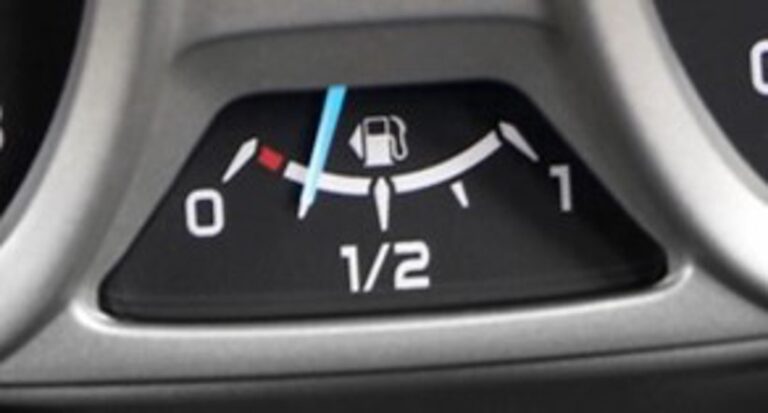– By Victoria Nelson –
If you’re reading this, you’re innocent. It’s your colleagues that may be guilty of spending your fleet fuel budget in the first month of the year.
It was reported in December that domestic airfares in Australia were at their highest level in December since 2012. At the same time pump prices have fallen from their September peak; making an annual driving holiday the pick for Australians this summer.
As a nation we have been doing the summer migration for years. From Sydney people drive north and south. The Melbourinans go east and west. In Queensland they head for the coast (though some would say it happens every weekend to get out of Brisbane). And most of these trips are being paid for on the company fuel card.
Doing some quick maths on a trip to the Gold Coast from Sydney (2,000 kilometre round trip and paying $1.40 per litre) I’m estimating a fuel spend of $310 using 11 litres per 100km. Though the car will be fully loaded with the family and luggage so the fuel economy is more likely to be 15 litres per 100km which will cost approximately $420. If you have 100 cars in your fleet, the annual summer pilgrimage could cost your organisation $40,000 or more.
Knowing these numbers and doing something about them are two different things. It will depend on your fleet policy and how keen the HR department and line managers are to have the discussion with employees. And even if you do put some ‘guidelines’ in place, employees will find a way to get around them.
One organisation I spoke with has a policy that restricts fuel purchases outside of the employee’s home state. Though each year they see a large number of fuel transactions around the border towns of NSW and QLD.
Another organisation doesn’t allow the fuel card to be used while employees are on leave. They said this works well though everyone appears to fill up on the last day of work and then again on their first day back.
The best way to avoid paying for a driving holiday is to restrict private use of work vehicles at all times (This will also reduce your FBT expenses as well) and use telematics to monitor the policy for you.
Industries that have a fleet of light commercial vehicles implement these policies and they are accepted by employees because of the impractical nature of taking the family on a holiday in a single-cab Hilux or iLoad. Organisations with sales teams in passenger vehicles may have a harder time implementing such strict policies when the vehicle is considered part of the employee’s salary package.
There’s one Fleet Manager I spoke with that took a holistic business view.
He did not want to be quoted directly though he said, “We brand our vehicles. So if an employee is happy to drive the branded company vehicle to a popular holiday location at this time of year, well, the company will benefit from increased brand awareness. The HR department is happy; the marketing department is happy; and the business benefits overall”.






